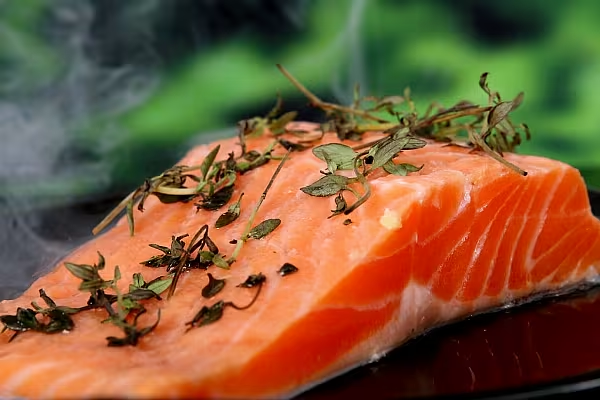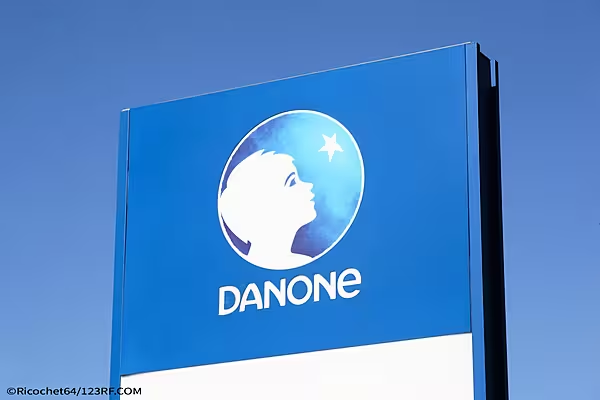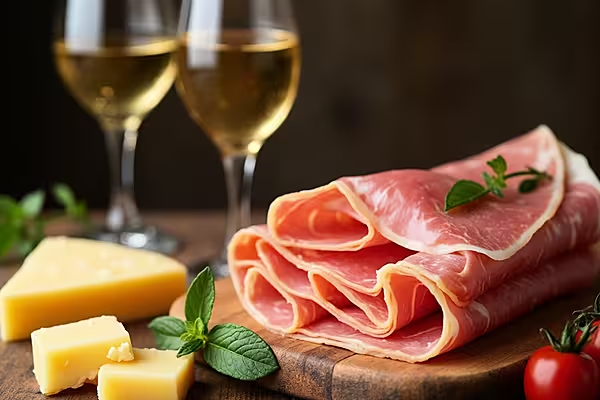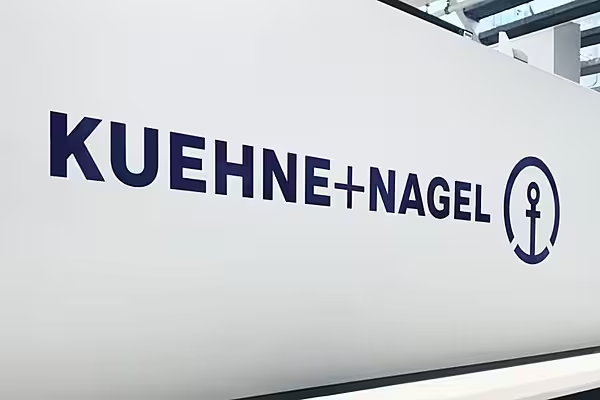China's decision last week to lift a ban on some of Norway's salmon imports will triple the volume of the trade in the second half of 2018 and drive up prices, the Norwegian Seafood Council (NSC) said on Monday.
Imports of whole salmon from three major Norwegian areas, accounting for 40% of the country's total output, were banned by China in 2015 over concerns about the presence of salmon anaemia and other variants of the virus.
Imports of partially processed salmon without heads, gills and entrails were allowed under the ban.
Farmed Salmon Exports
Lifting the restrictions on farmed salmon, Norway's second-largest export after oil and gas, could add 1.4 billion Norwegian crowns ($175 million) to annual export earnings from the industry, NSC said.
"During the first half of 2018, Norway exported 7,000 tonnes of salmon to China. With the ban lifted, we have estimated the volume to reach 21,000 tonnes for the second half of 2018," NSC's China director Sigmund Bjoergo told Reuters in an email.
Combined with higher demand from China's growing middle class, Chinese total salmon consumption could climb to 100,000 tonnes this year and 240,000 tonnes in 2025, he said, up from a previous NSC estimate for 2025 of 156,000 tonnes.
Based on NSC's estimates, China would consume 12% of global salmon production by 2025, up from 4% in 2017.
Norway could secure 65% of China's salmon market in the long term from below 30% expected this year, Bjoergo said, without giving precise date for achieving the higher market share.
Price Boost
Prices were likely to rise because Norway's highly regulated salmon farming industry had little room to boost output, he said.
China's decision to scrap import restrictions could push up the salmon price by 1.20 Norwegian crowns ($0.15) a kg, NSC said. Last week, spot prices for salmon averaged around 57 crowns ($7.08) per kilo for delivery in Oslo.
The world's largest fishfarmer, Norway's Marine Harvest, welcomed an end to the Chinese ban.
"China is a huge and interesting market for Marine Harvest, and we are looking forward to supplying (it)," public affairs manager Eivind Naevdal-Bolstad said.
Two more Norwegian fish farmers, Leroy Seafood and Salmar, whose salmon production comes mostly from the regions affected by China's restrictions, told Reuters they expected salmon prices to rise as a result of the move.
"The Chinese market could increase the demand. At the same time, we do not expect any substantial growth in production in the coming years. That could effect the price," a Leroy spokesman said, in comments echoed by Salmar.
News by Reuters, edited by ESM. Click subscribe to sign up to ESM: European Supermarket Magazine.














